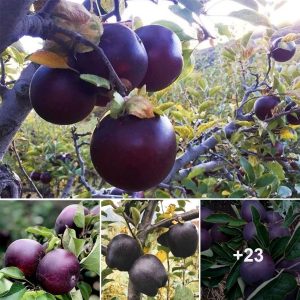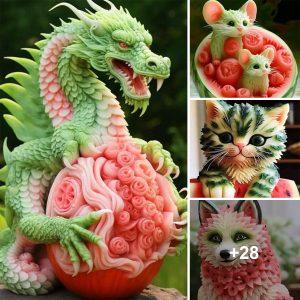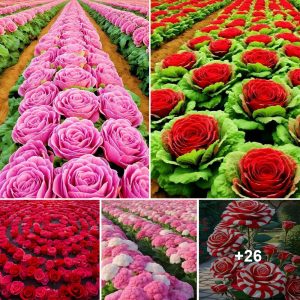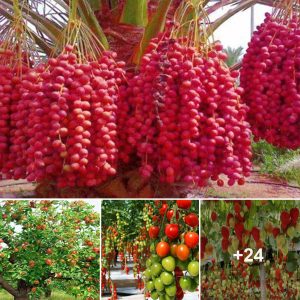Bamboo tree is a significant symbol in both Vietnamese culture and daily life. It exists almost everywhere in Vietnam, though mainly in rural areas. The solid, straight and high bamboo trees represent the resilience and bravery of the Vietnamese people. Also, as the bamboo trees often grow in clusters with a strong vitality, it represents the solidarity of Vietnamese people as well as their diligence and loyalty to their homeland.
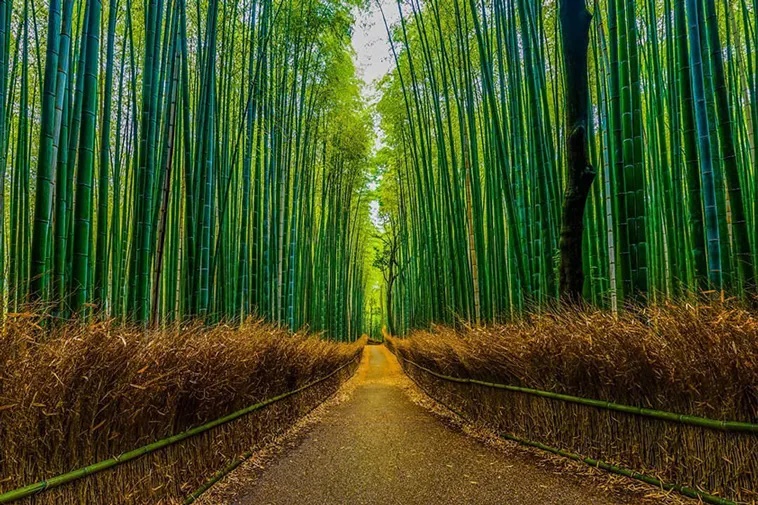
Bamboo tree clusters are also popularly known as the emblem of Vietnam’s rural areas, together with banyan trees, rice paddy field or village pond. These symbols always recall a peaceful, rustic village in the mind of Vietnamese wherever they are.
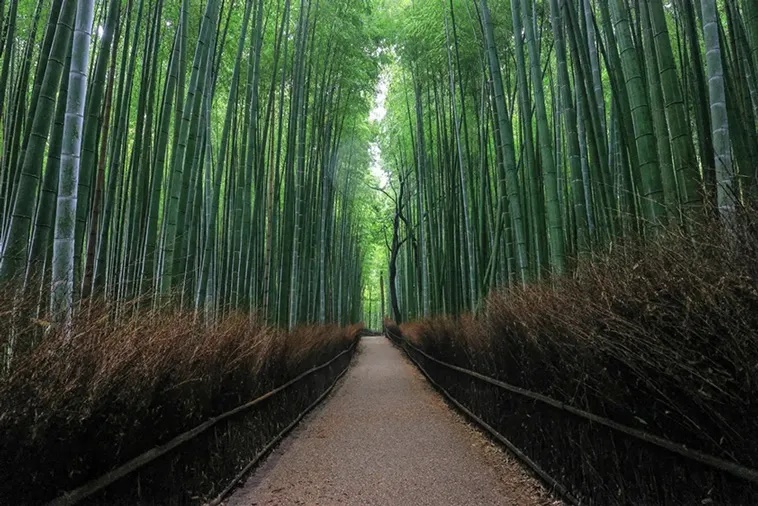
Bamboo tree is also used widely in Vietnamese everyday life. The body of the tree is often treated as a valuable material to build houses and make household equipments such as table, chair, bookshelves or agricultural tools such as shovels, hoes or plows. It has also become a material for interior decorations such as lamps, plates, chopstick and other souvenirs.
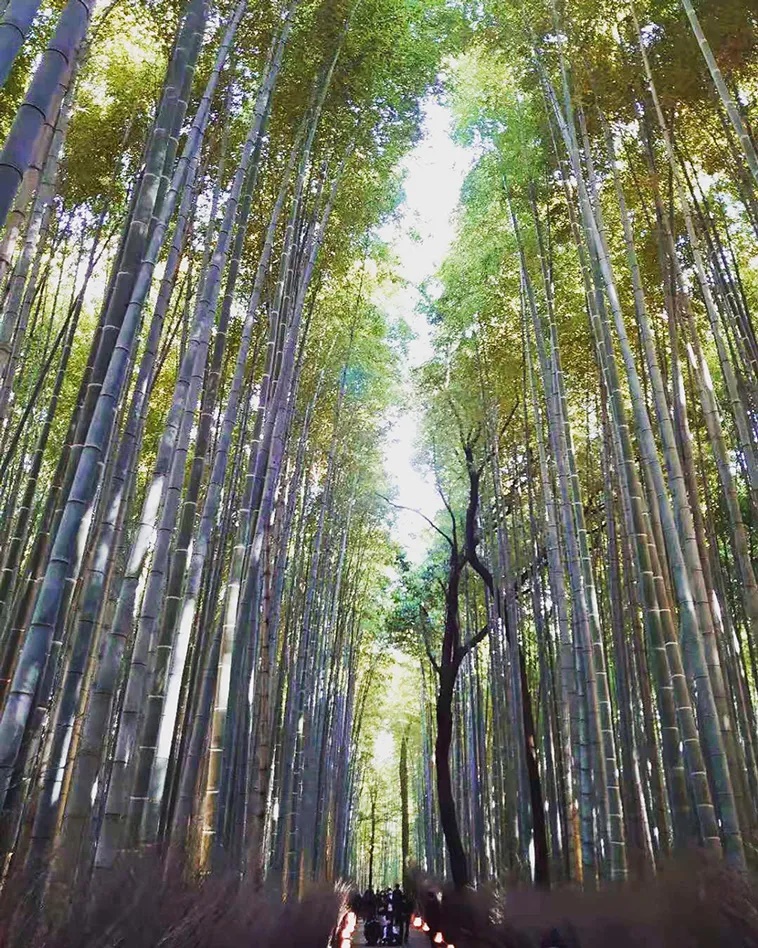
In the resistance against invaders, the body of the bamboo tree was sharpened to make bamboo thorns and traps. In addition, bamboo tree has nutritional values as bamboo shoots are commonly found in Vietnamese kitchen.
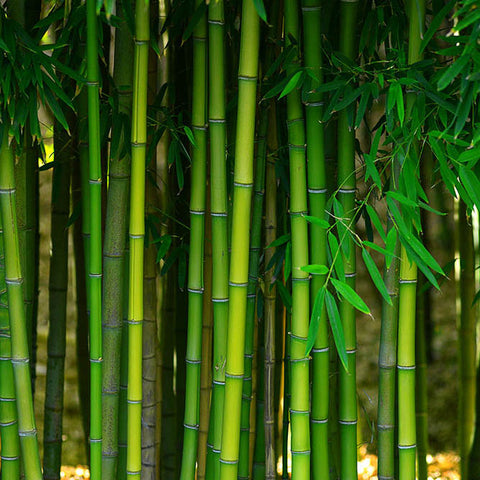
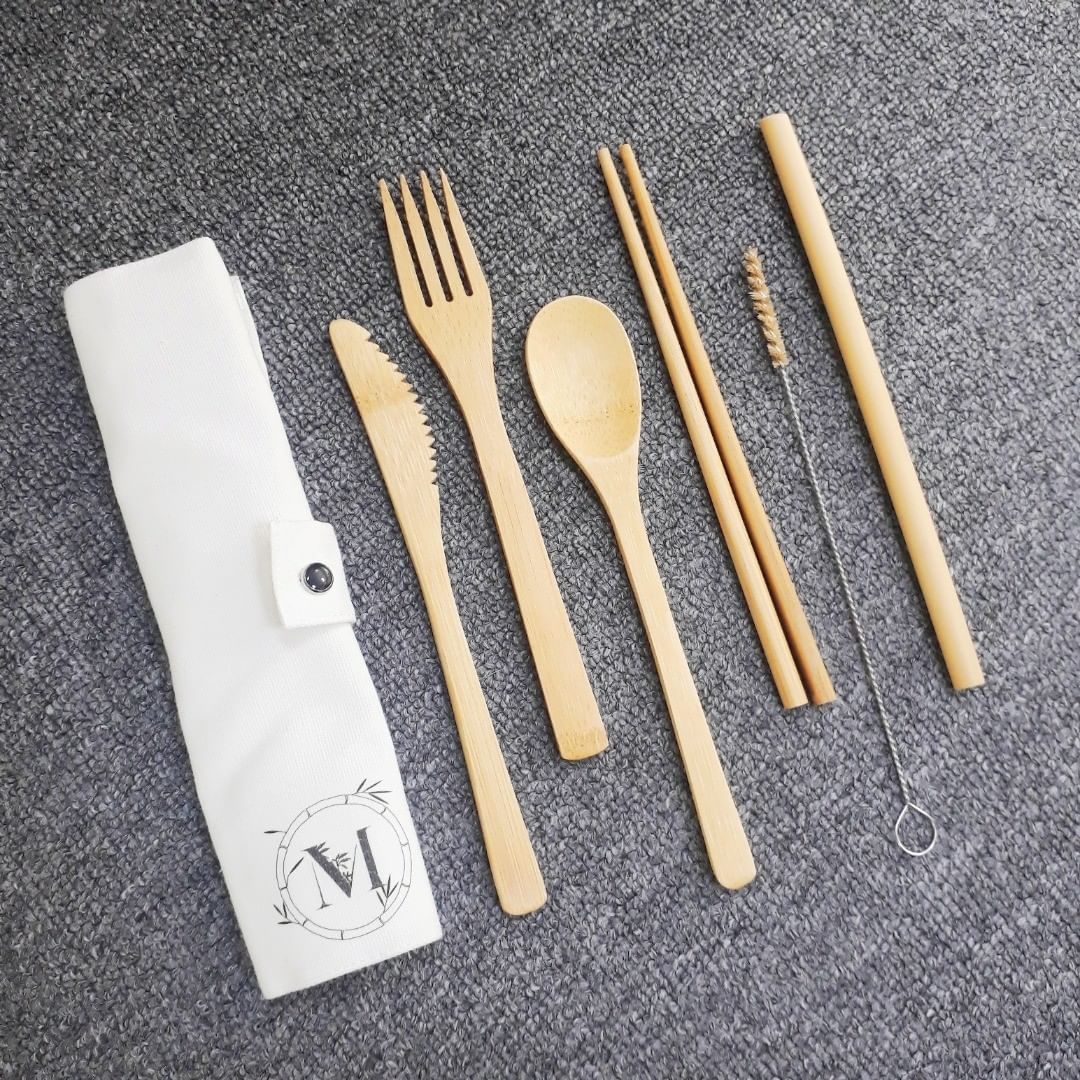
Bamboo trees position themselves in the mind of Vietnamese people as an inspiration for cultural and artistic works. Vietnamese children are familiar with many fairy tales involved a bamboo tree like “Cay tre tram dot” (The hundred portion bamboo) or “Thanh Giong” (The story of Giong). Bamboo tree is also used to create many traditional instruments likes flutes, T’ Rưng. The famous bamboo dance is well known both in Vietnam and internationally. Until today, bamboo tree remains closely connected to Vietnam’s culture.
